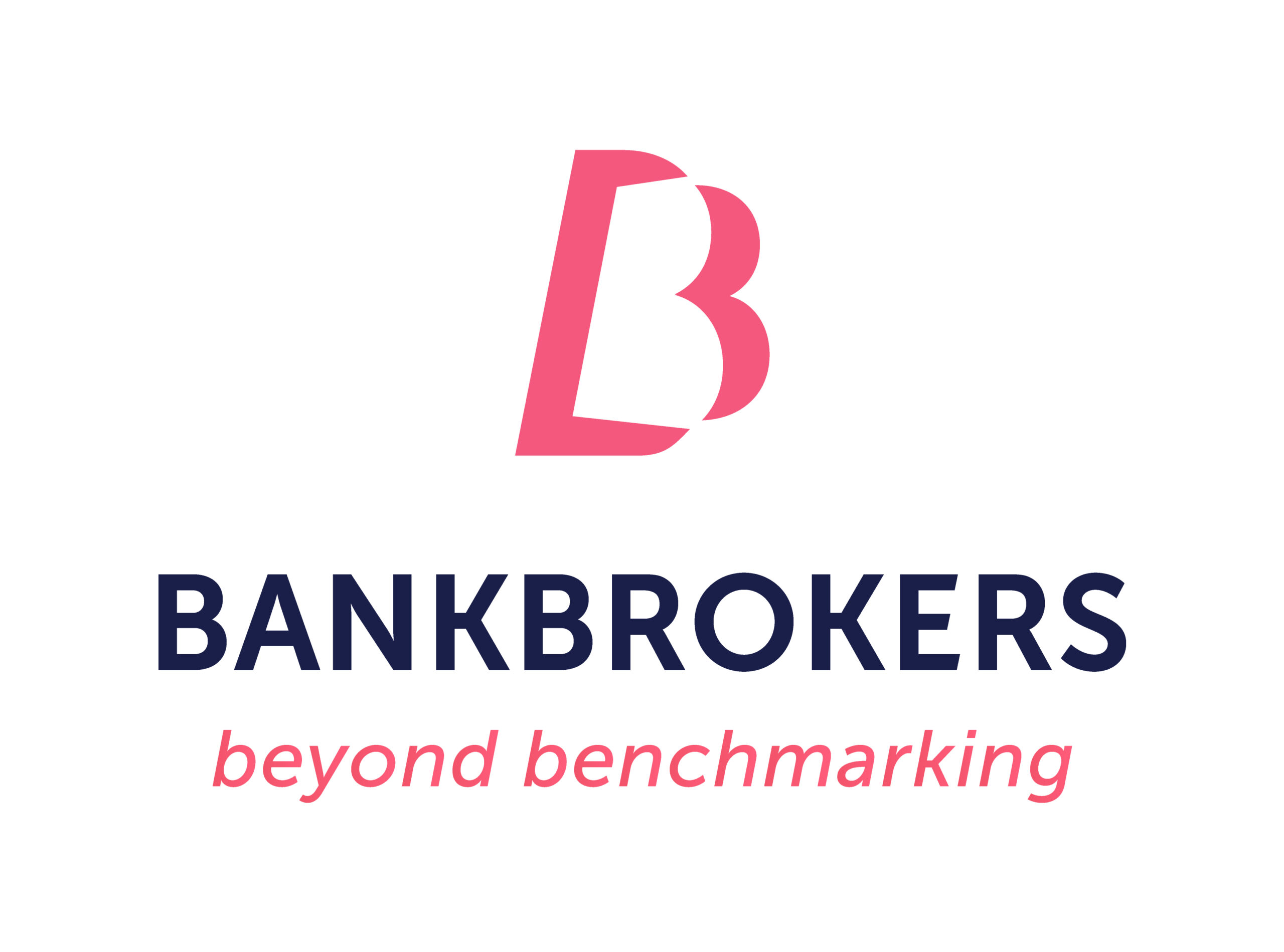The Buy Now Pay Later (BNPL) sector is growing. However, several countries are concerned about the risk to consumers. As such, there has been a push for more regulation to protect people who use BNPL and avoid harm. This article will explore some of the recent regulatory proposals in the UK and EU and examine the key considerations. It will also offer several steps firms can take to ensure they have the right BNPL solutions.
UK Regulatory Developments
Currently, UK BNPL services fall under an exemption in pre-existing regulation commonly called the ‘12/12 exemption’. This allows for loans of no more than 12 payments in 12 months to go unregulated.
However, more than 17 million UK consumers had used BNPL by November 2021. A survey from Citizen’s Advice has found that people in debt, people on universal credit, and young people tend to be the most significant users. Additionally, around 23% of consumers pay for BNPL with credit cards, 9% with bank overdrafts, and 7% with loans from friends and family. This means that the people using BNPL are some of the
most vulnerable and most in need of protection from harm.
In response to government consultation into the BNPL sector, new regulations were announced last month to address some concerns. The proposed rules would require lenders to make affordability checks before approving loans, and lenders would also need to be FCA-approved. In addition, any advertising must be transparent, fair, and not misleading. The proposal will also allow borrowers to take complaints to the Financial Ombudsman Service.
EU Proposals
The EU faces all the same concerns as the UK about the risks of BNPL along with concerns around technical developments in the broader consumer credit space. As a result, earlier this year, the European Commission moved to make changes to their existing Consumer Credit Directive (CCD). These changes expand the scope of the legislation to include pricing rules for some credits, clarifying information requirements and revising creditworthiness.
The current CCD was introduced in2008 and covered loans from €200 to €75,000. However, many BNPL loans fall outside of this range, but proposals are set to change that.
In addition, last month, the EU Council agreed to some amendments that would allow for more proportional regulation. This included a full exemption for certain products, such as direct crowdfunding and an optional partial exemption for other products, including BNPL. This partial exemption would allow member states to choose a regime that reduces providers’ pre-contractual information and disclosure requirements. This is to not overwhelm consumers with information for every purchase and save providers bureaucratic overburdening, according to the Council.

Gain more certainty with six straightforward steps…
[et_bloom_locked optin_id=”optin_1″]
[/et_bloom_locked]

